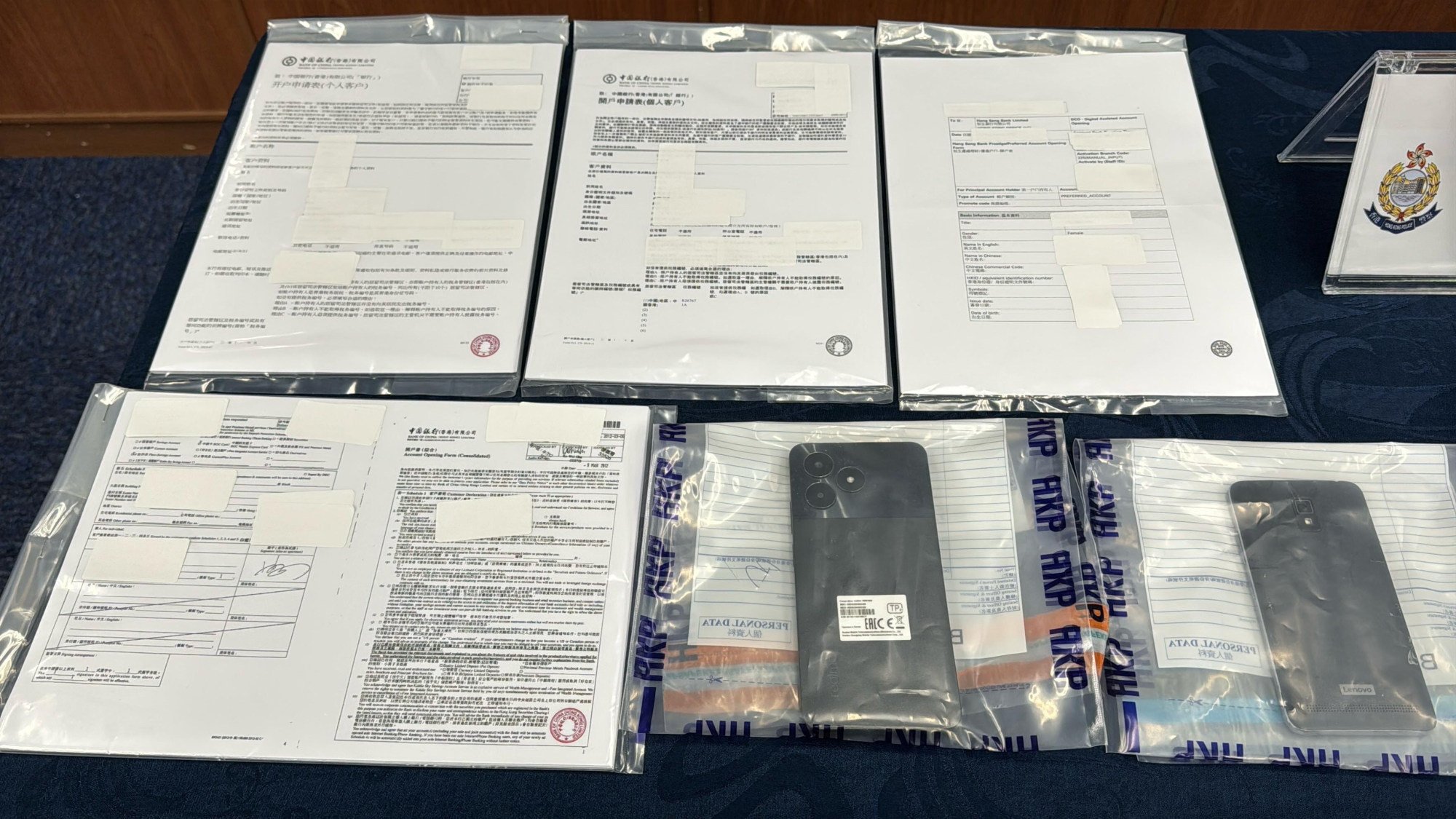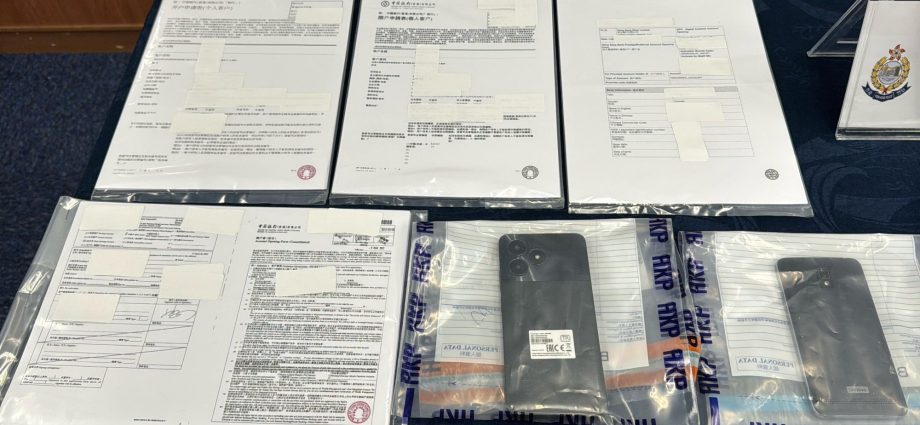Hong Kong police have arrested 139 people in connection with fraud syndicates running investment, dating and shopping scams, among other activities, that resulted in losses of more than HK$130 million (US$16.8 million).
The force said on Friday that the largest financial loss in a single case linked to the recent arrests was a local businesswoman in her fifties who lost HK$33 million after being tricked into making 40 transfers to “mule accounts”.
The term refers to bank accounts suspected of being sold or rented out for laundering crime proceeds.
Do you have questions about the biggest topics and trends from around the world? Get the answers with SCMP Knowledge, our new platform of curated content with explainers, FAQs, analyses and infographics brought to you by our award-winning team.
Those arrested in the crackdown comprised 100 men and 39 women, aged 19 to 73, and included people working as domestic helpers, waiters and renovators.
Senior Inspector Wong Yuen-yan, of the Kowloon West regional technology and financial crime unit, said the operation had run from late March to early April and aimed to dismantle networks providing mule accounts to fraud syndicates.
“The fraud syndicates have multilayered structures, and police have been dealing these criminals a blow at different levels,” she said.
“Police are continuously and actively gathering intelligence at the source to dismantle the criminal groups, [arresting] masterminds and core members.”
Inspector Chan Ching-yi, of the Sham Shui Po district intelligence section, said some fraudsters had impersonated travel agencies or concert organisers on social media to dupe victims into transferring money to syndicate-controlled accounts.
She said that scammers had also exploited e-payment systems to trick people into transferring funds as part of shopping, romance and “clicking farming” scams.

Chan urged the public to be cautious when dealing with companies that requested payments be sent to personal accounts rather than corporate ones, or those asking for transfers to be split across multiple accounts.
Official figures showed the number of fraud reports filed in the Kowloon West police district region stood at 7,652 in 2024, up 2 per cent from the previous year.
Between January and March of this year, police had already recorded 1,742 cases in the same district. The number represented a rise of 12.8 per cent from the same period in 2024.
Police said the Kowloon City district had seen numerous scams targeting university students.
Inspector Lung Wai-kuen, of the district’s technology and financial crime squad, said scammers in such cases often posed as law enforcement to claim students had been linked to criminal activities, and used phone calls to convince them to share bank details or transfer money.
Anyone who received a suspicious phone call from people claiming to be law enforcement should remain calm and call the force’s anti-fraud hotline at 18222 for immediate help, the inspector said.
Lung emphasised that genuine law enforcement would never resort to such actions.
Police also warned that anyone involved in money laundering, such as through mule accounts, faced up to 14 years in prison and a maximum fine of HK$5 million.
The force cited a case in Kowloon City from late March, where a defendant was convicted for laundering about HK$130,000 and jailed for 22 months after police successfully requested a tougher punishment.
More from South China Morning Post:
For the latest news from the South China Morning Post download our mobile app. Copyright 2025.

